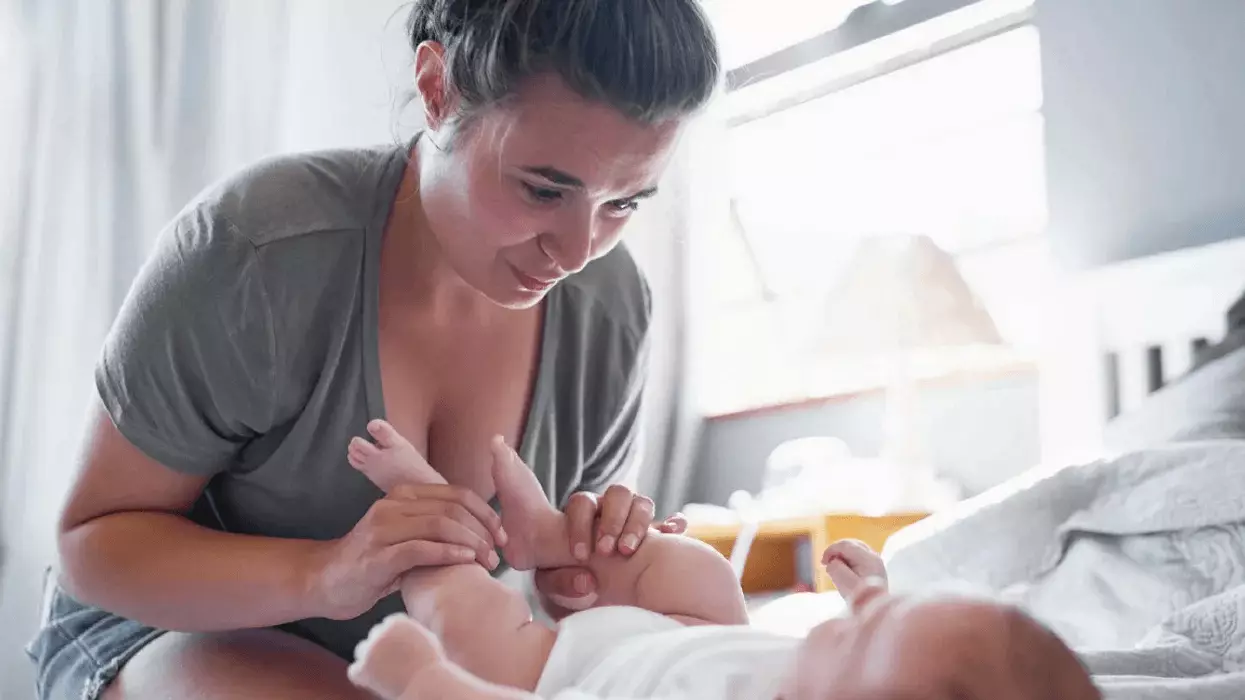Postpartum depression (PPD) remains a topic often veiled in stigma and misunderstanding, both by society and even among mothers themselves. Before the experience of motherhood, many women, like myself, perceive PPD through a narrow lens; it feels like a distant concept discussed quietly among friends or conveyed in articles where the weight of shame is palpable. This delicate subject, however, requires a deeper exploration—one that transcends whispers and fosters an understanding that motherhood is not universally joyful.
As I navigated the tumultuous waters of motherhood with two newborns, I began to witness a subtle shift in the narrative surrounding PPD. There is a growing movement to dismantle the silence enveloping postpartum mood disorders, encouraging mothers to share their experiences. More importantly, there is a rising sense of community and compassion surrounding the one in seven mothers who endure the crushing weight of PPD each year—more than half a million women in the US alone.
What remains unclear to many is that postpartum depression is not a monolithic experience; its symptoms vary widely from woman to woman. For some, the manifestations may not resemble the classic portrayal of sadness and despair; rather, they may present as anxiety, obsessive thoughts, or even rage. These diverse symptoms complicate the understanding of PPD, leaving many mothers struggling in silence, unsure of whether their feelings are valid.
According to mental health experts, the challenge with PPD lies in its invisibility. Despite the internal turmoil, outward appearances often mask the pain. A mother may appear composed while grappling with feelings of inadequacy. This duality can create a perplexing reality for those surrounding a new mother. “You feel like you’re drowning,” explains Heather, a survivor of PPD. The facade of normalcy cloaks the struggle, making it difficult for family and friends to recognize and respond with the necessary support.
For those who are aware of a new mother’s plight, reaching out can be a lifeline. Regular check-ins, focused on her well-being rather than solely the baby’s, can be crucial. Communicating that support is available without judgment allows mothers to feel a sense of safety in sharing their feelings. It’s essential to acknowledge that the societal pressure for new mothers to experience unadulterated joy can be overwhelming, leading many to feel guilty for not conforming to this narrative.
Ashleigh, another survivor, recounts her internal conflict, “I felt so guilty. Here I have this beautiful baby, yet I’m not skipping through life.” Such feelings of guilt are commonplace and can contribute to a sense of isolation. By sharing experiences of knowledge—like the reality that bonding can take time—mothers may recognize that their feelings are part of a shared human experience rather than a personal failing.
The characteristics of postpartum depression can mimic general feelings of anxiety and sadness often seen in early parenthood. It is critical for friends and family members to remain vigilant and observant for signs that someone might be struggling. Simply appearing frazzled or expressing feelings of frustration can indicate a deeper, underlying issue. Whether a mother loses her temper or feels overwhelmed, these may be signals of postpartum struggles that warrant attention.
As Chrissy Teigen, a high-profile voice and advocate for mental health, observed in her own life, she initially found it challenging to distinguish between typical motherhood stress and the more insidious signs of PPD. Her realization—acknowledging and naming her experiences—offered a pathway to seeking help, fostering an essential conversation about the possible need for intervention.
The key takeaway in supporting mothers facing postpartum depression is simple yet profound: be present. A listening ear or a shoulder to cry on can alleviate some of the burdens they carry. Verbalizing the lack of shame in needing help can foster an environment of healing. By breaking the silence together, we not only validate their experiences but also participate in dismantling the stigma attached to these crucial discussions.
The journey through motherhood can be ecstatic, but it can also be fraught with challenges, especially when it comes to mental health. The more we normalize conversations around postpartum depression, the more we empower mothers to share their stories and seek help. Together, we can create a supportive community that acknowledges the complexities of motherhood and champions mental health awareness, paving the way for healing and understanding.

